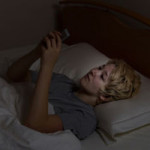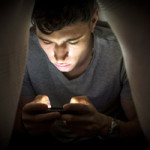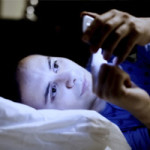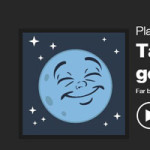At Palmy Boys’
A study by the Centers for Disease Control published this week shows sleep-deprived teenagers are more likely to receive sports injuries and become involved in automobile accidents. One of the study’s authors, Dr. Anne Wheaton, spoke with Hari Sreenivasan about what the research means…… read more.
There’s an ongoing sleep study that is of great interest to me, and I expect to many others as well: For the first time, scientists will be examining the effects of mobile phone emissions on sleep and brain activity in children and teenagers. Researchers recently began this study at Illawarra Health and Medical Research Institute at Australia’s University of Wollongong. The research investigates the effects of RF EMF (radiofrequency electromagnetic field) exposure from mobile phones on the sleep, brain patterns, and cognitive function of youth ages 10-18….. read more.
A new study is the first of its kind to link nighttime instant messaging habits of teenagers to sleep health and school performance. Media use among children of all ages is increasing exponentially; studies have found that children ages 8 to 18 use electronic devices approximately seven-and-a-half hours daily…. read more.
There’s no shortage of research around the benefits of sleep and its critical relationship to learning. So how much sleep is enough? Researchers have looked at the differences in cognitive function of people who have slept four or six or eight hours and how their brains function. This AsapSCIENCE video demonstrates what your capabilities are after those various amounts of sleep…. read more.
Far better than counting sheep, these talks on the importance of sleep may well help you get your zzzzs tonight…. read more.





